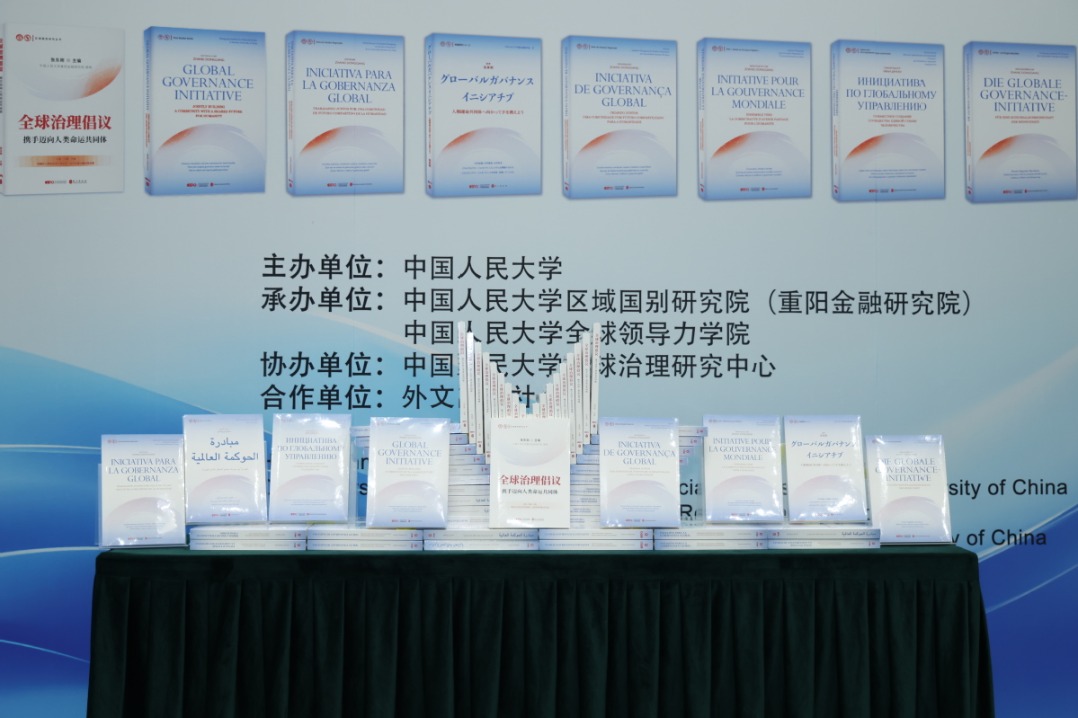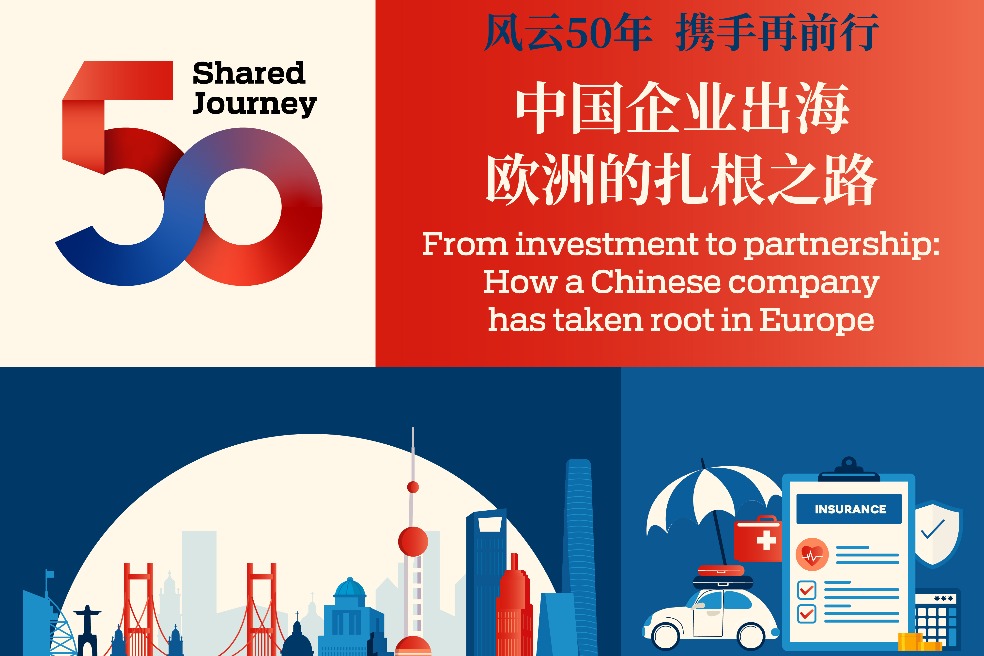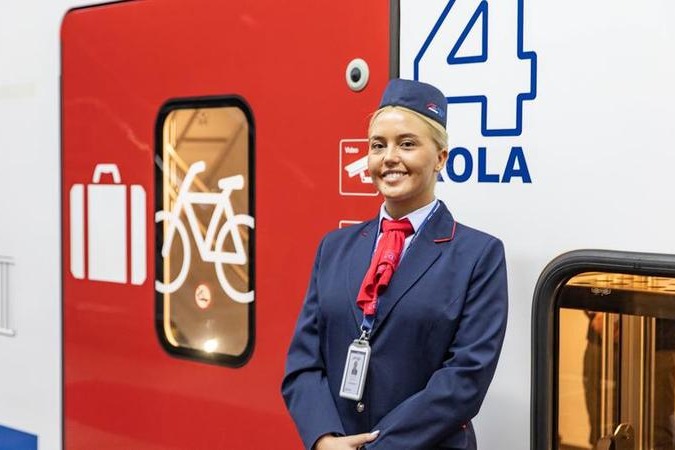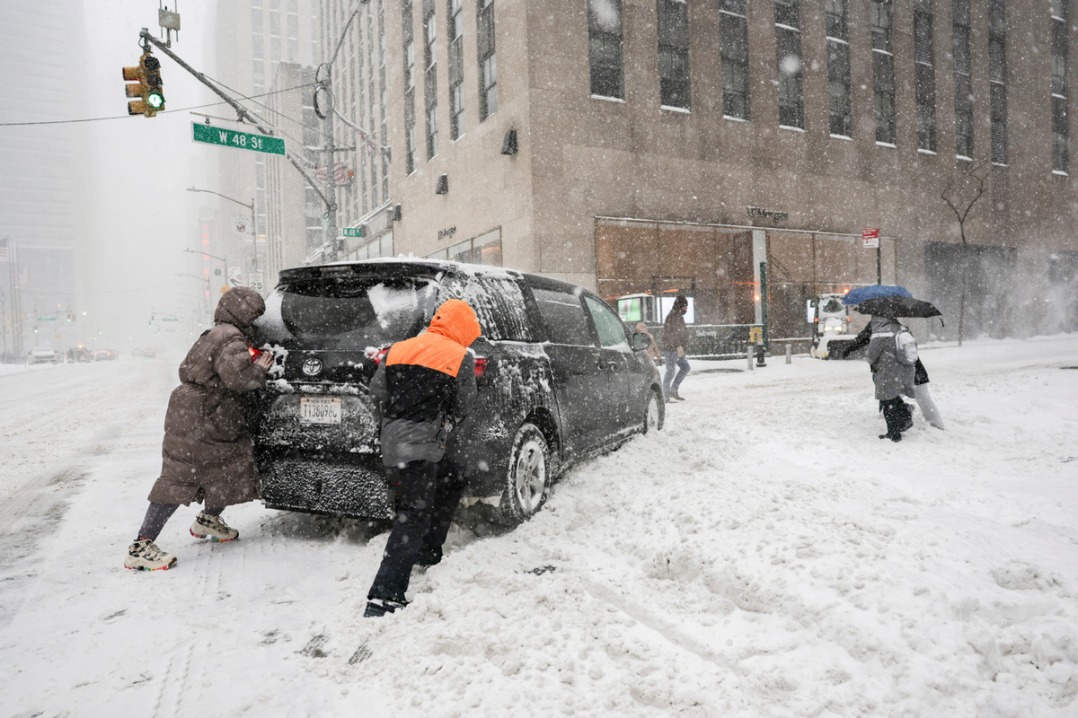World needs unity, not Trump's xenophobia, European officials, experts say


European officials and opinion leaders have lashed out at US President Donald Trump for calling COVID-19 "Chinese Virus" at a time when global solidarity is essential in fighting the pandemic.
Europe was declared the epicenter of COVID-19 by the World Health Organization on March 13. The WHO report on Friday showed that the continent has reported 104,591 confirmed cases and 4,899 deaths, more than any other region in the world.
Josep Borrell, EU's foreign policy chief and vice-president of the European Commission, said that viruses don't have a nationality and they don't care about borders.
"COVID-19 is not a Chinese virus, as the Spanish flu was not Spanish," he said on March 19 in a tweet, with a hashtag #StrongerTogether.
"We all face a massive threat that requires global cooperation and all of us working hand in hand," said Borrell, a former Spanish foreign minister.
In his speeches and tweets in the past week, Trump has repeatedly used "Chinese Virus" to refer to COVID-19, an official term announced by the WHO on Feb 11 to avoid referring a virus to a geographical location or group of people.
WHO Director-General Tedros Adhanom Ghebreyesus said having a name matters to prevent the use of other names that can be inaccurate or stigmatizing. He and other WHO leaders have repeatedly warned against stigmatization in the past two months.
Analysts believe that Trump's intentional use of "China Virus" is to distract US public from the wide criticism of his missteps in his early denial to the seriousness of the pandemic. Now with stock market gains in the past three years totally wiped out, he is eager to play blame game, especially in a presidential election year. Some, such as California Congressman Ted Lieu, have accused Trump of stoking xenophobic panic in a time of crisis.
Shada Islam, director of Europe and Geopolitics of Friends of Europe, a Brussels-based think tank, said at times of crisis like the one the world is living through, it is time for leaders and people to come together and work together to tackle the challenge, not exchange insults, accusations and engage in conspiracy theories.
"It is a tragedy that US-China tensions, dating back to US President Donald Trump's arrival at the White House, are further complicating global cooperation to surmount the pandemic," she said.
Michele Geraci, an economist and former undersecretary of the Italian Ministry of Economic Development, said it should be just called coronavirus, just as MERS was never called the Middle East Fever.
"And even the Spanish fever from last century did not originate in Spain at all. So we should be careful with how to use names," he told China Daily on March 21.
Italy is the EU country worst hit by COVID-19, with death toll from the pandemic exceeding that of China.
Pascal Lamy, director-general of the World Trade Organization from 2005 to 2013, said the COVID-19 crisis is testing first and foremost the resilience of national governance, as the capacity to fight the virus lies in the quality of health systems and in collective disciplines such as social distancing.
He stressed that international cooperation and concerted actions are vital during such a crisis.
"In this respect, I very much agree with the WHO that 'my country first' or 'blame the foreigners' political proclamations are dangerously counterproductive, including when they target China," said Lamy, a former European Commissioner for Trade, clearly referring to Trump's recent rhetoric.
Islam, from Friends of Europe, expressed it is reassuring that EU and China have joined hands to deal with the health emergency even if their annual summit, originally scheduled for late this month, has had to be postponed.
"It's simple: we should not be talking about 'foreign' viruses or using this crisis to close our borders," she said.
EU and China have stepped up cooperation during the fight against COVID-19. EU provided medical supplies to China when China was in the height of the outbreak. In the past two weeks, China, which has recovered a great deal from the pandemic, has been sending medical supplies and medical teams to EU and some of its member states such as Italy, Spain and Serbia.
"Today, we're grateful for China's support. We need each other's support in times of need," said European Commission President Ursula von der Leyen after her talk with Chinese Premier Li Keqiang last week.
































